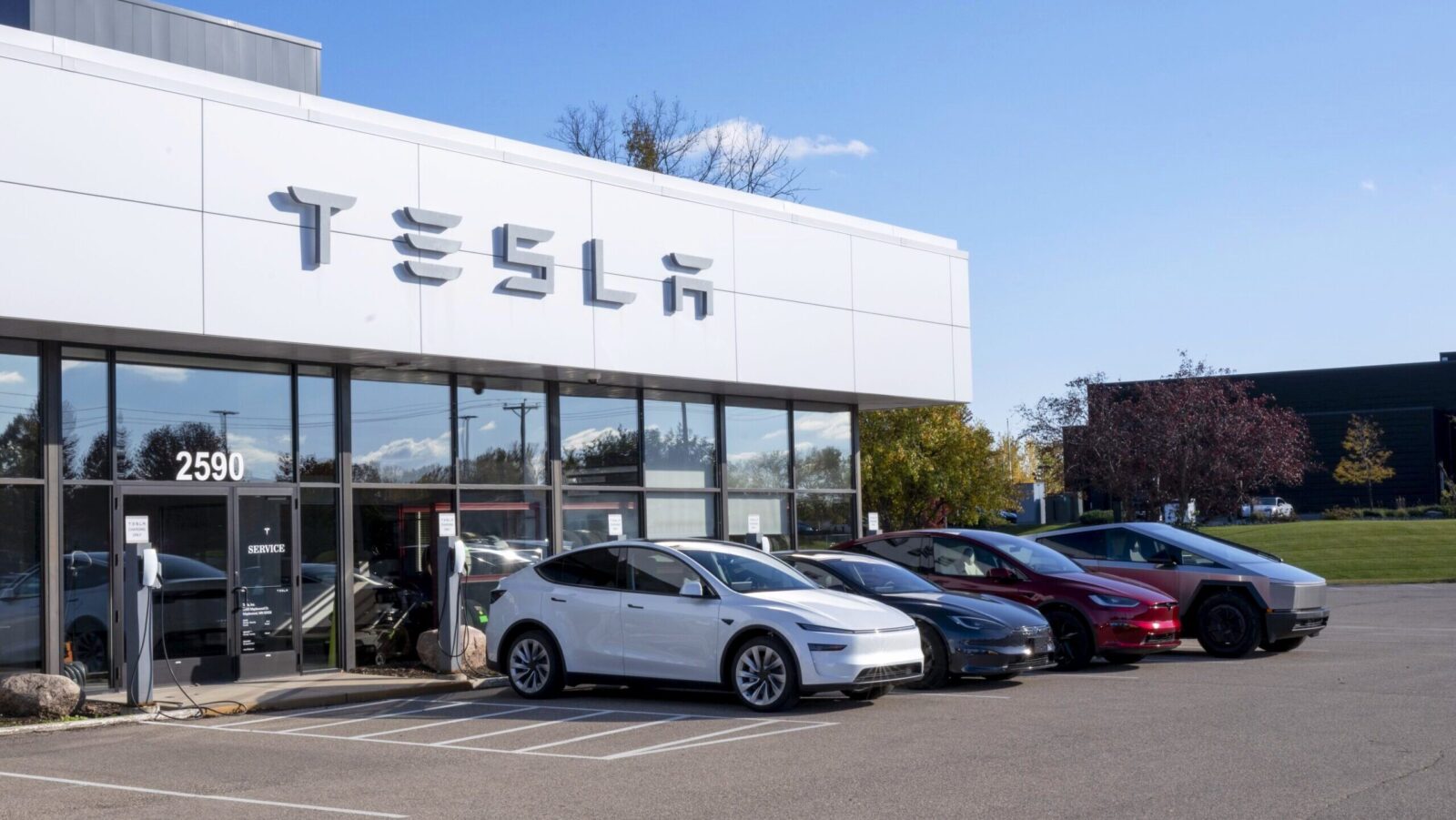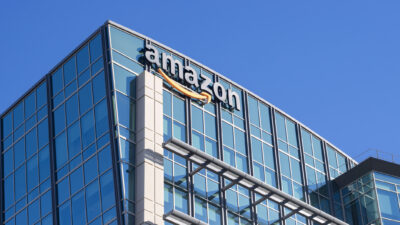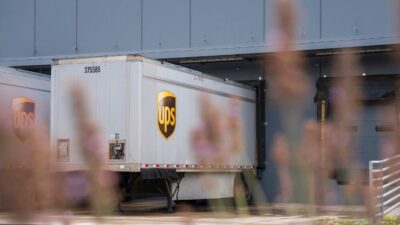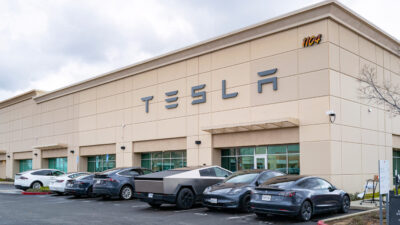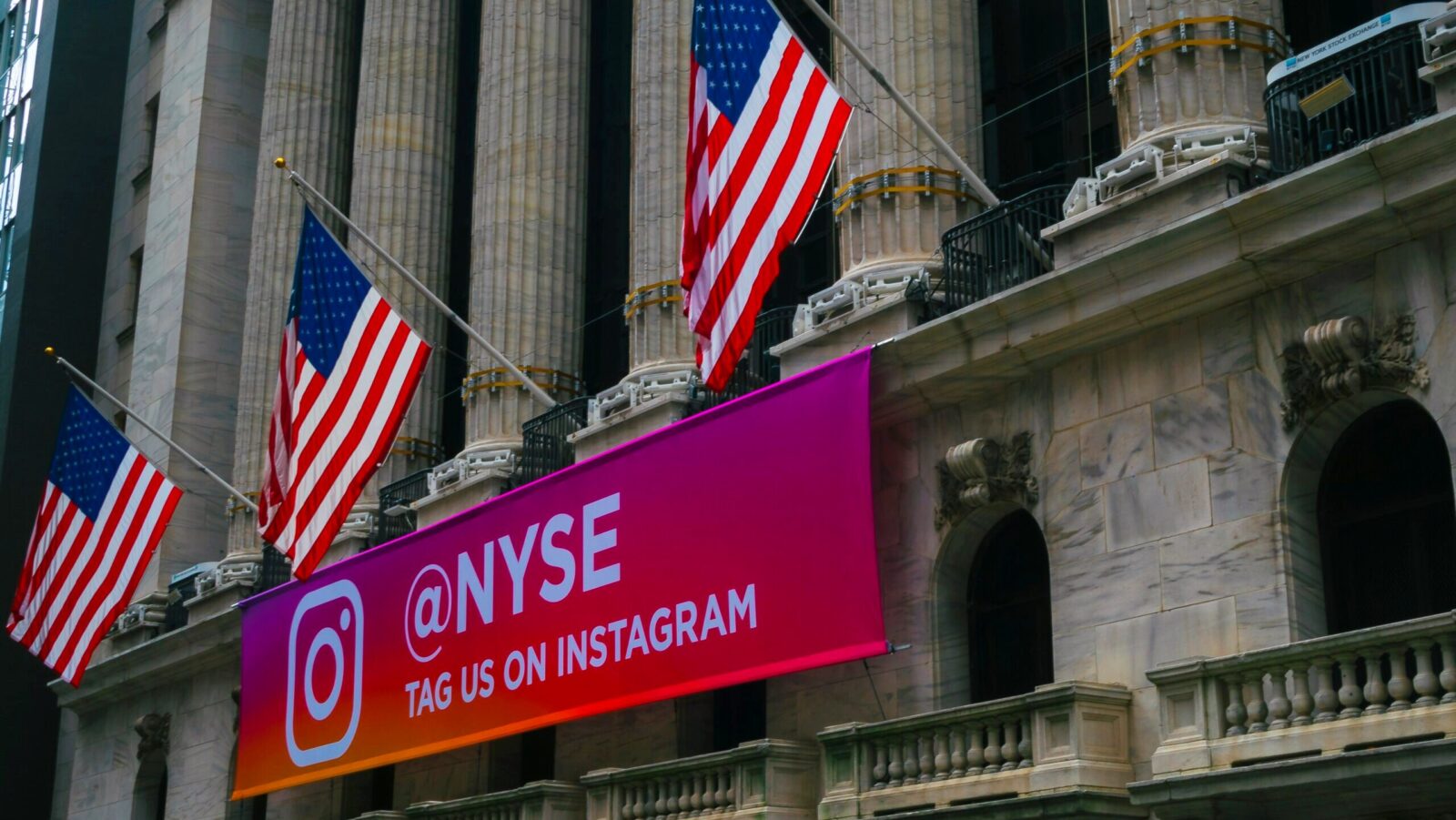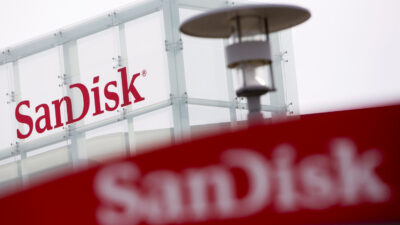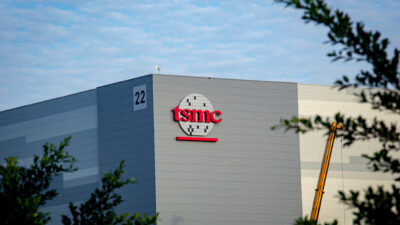Amazon’s Internet Satellite Venture Achieves Liftoff in Challenge to Musk’s Starlink
While Kuiper won’t generate revenue for a while, Amazon is still using its enormous influence to position itself for some corporate Star Wars.
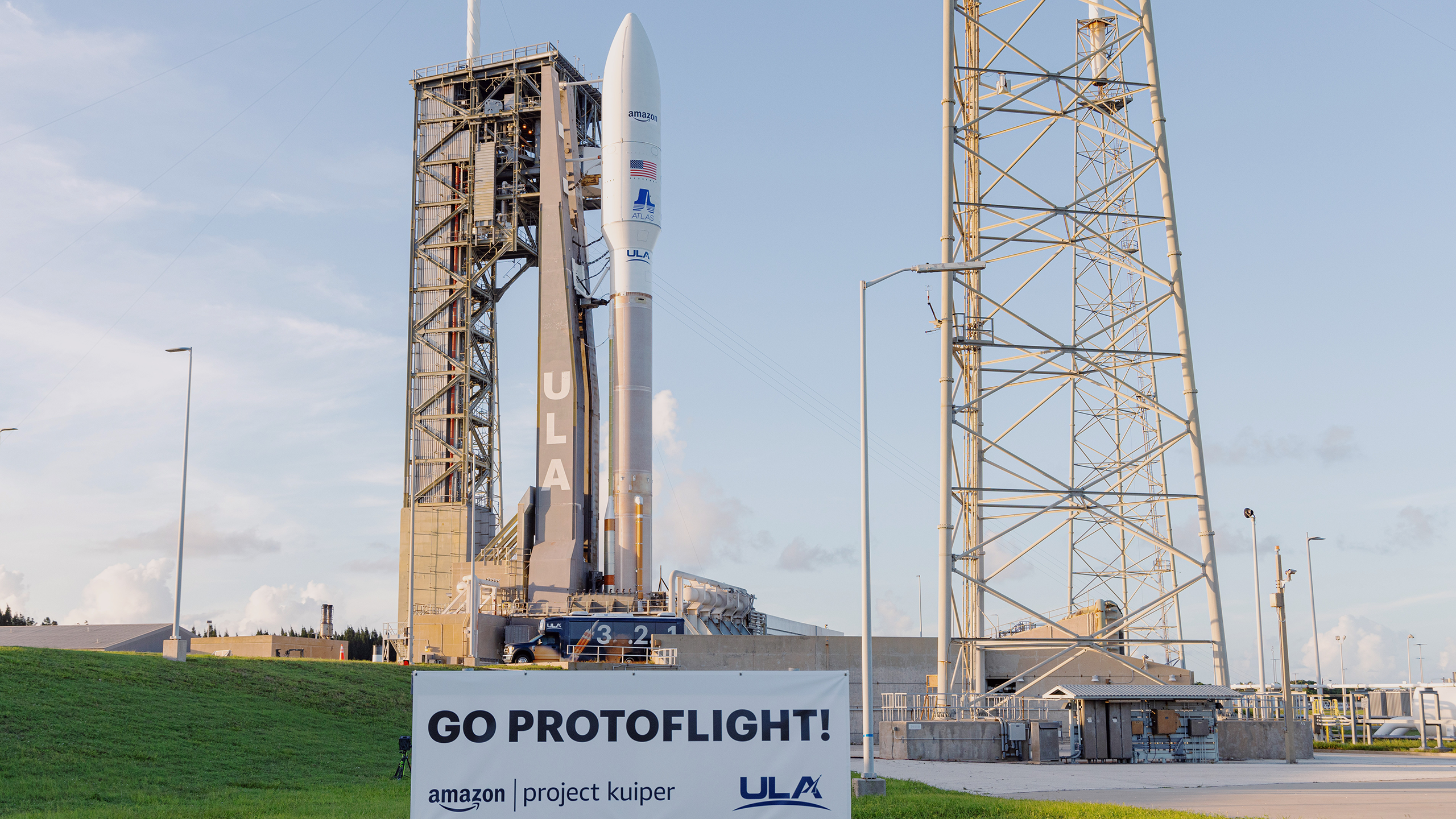
Sign up for smart news, insights, and analysis on the biggest financial stories of the day.
In 2021, Jeff Bezos became the second billionaire to visit space (after Richard Branson) and, as of yesterday, he is the second billionaire with an internet satellite constellation (after, of course, Elon Musk).
Bezos’ Amazon on Wednesday launched the first batch of satellites set to form part of a massive network that will beam the internet down to earth and challenge Musk’s already operational Starlink service. There’s a lot of catching up to do, but Amazon isn’t angling to be a bit player.
Rockets and Deep Pockets
Amazon’s Kuiper is entering the satellite internet race six years behind Starlink. The subsidiary of Musk’s privately held SpaceX already has roughly 8,000 satellites in orbit and 5 million customers who have come to rely on the (out of this) world wide web from above.
The heaps of advance time have allowed Starlink to eclipse the competition in the low earth orbit satellite internet space, where it owns two-thirds of active satellites at an altitude of 1,200 miles or less. On Wednesday, Kuiper’s grand liftoff involved a mere 27 satellites, a far cry from the 578 the company says it needs before it can start selling internet connections to consumers and a galactic distance from the roughly 3,200 it’s been permitted to launch by the Federal Communications Commission. While Kuiper won’t generate any revenue for a while, Amazon is still using its enormous influence to position itself for some corporate Star Wars:
- Kuiper has won contracts this year with the British government (to study advanced space communications) and Australia’s state-owned National Broadband Network (to offer rural satellite internet). It also agreed with Indonesia’s government in March to invest $20 million in developing satellite infrastructure for the island nation.
- Kuiper has a significant ace card: Amazon’s roughly 310 million active users, about 230 million of whom are in the United States, give it a gigantic potential customer base who already look to Amazon for online shopping and streaming.
Kuiper says it has booked over 80 launches with various companies to deploy more satellites into orbit — some of them, funnily enough, are with SpaceX.
A Line to the Oval Office: Starlink parent SpaceX is no slouch at the moment, either. While Musk’s Tesla hasn’t exactly benefitted from his role as a senior White House advisor so far this year (see the moon crater-size dent in Tesla’s share price since Jan. 1), his privately held space venture has seemingly done better. Thanks to a move by the Commerce Department last month, Starlink is now eligible to participate in a $42 billion rural broadband program being rolled out by the federal government, which previously excluded the company. The Federal Aviation Administration is also leasing Starlink kits for free, although Verizon holds the $2.4 billion contract to overhaul the agency’s telecommunications system.
